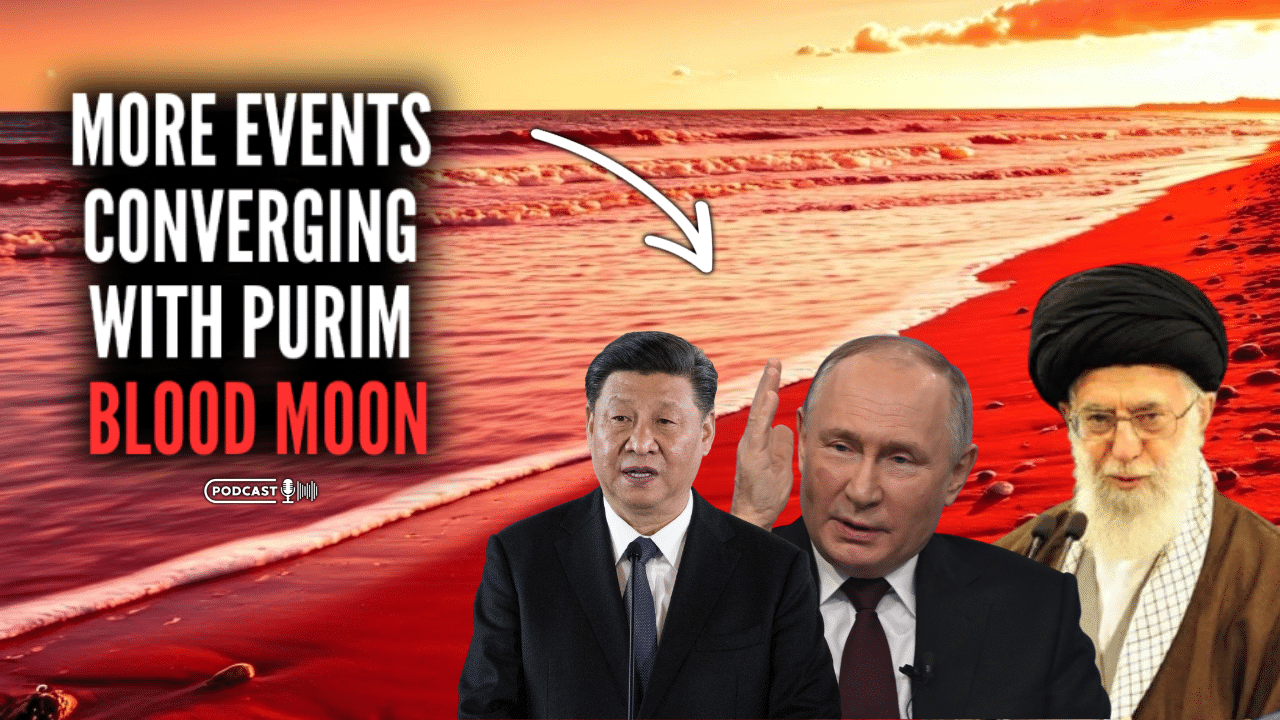America’s leading telecommunications companies—Verizon, AT&T, and T-Mobile—have signaled potential price increases for consumers as a direct consequence of President Donald Trump’s ongoing trade war, particularly the tariffs imposed on imported goods, including smartphones.
These warnings come amid a volatile economic landscape shaped by high tariffs, primarily targeting China, where many smartphones, such as Apple’s iPhones, are manufactured.
Executives from the three major U.S. carriers have publicly acknowledged that tariffs could force them to pass increased costs onto consumers. T-Mobile CEO Mike Sievert, in an interview with Yahoo Finance, stated, “If [tariffs] come in and they’re significant in some way, that’s going to have to be borne by the customer.
I mean, our model isn’t prepared for something like that.” Similarly, Verizon CEO Hans Vestberg emphasized financial discipline, noting, “In general, if the tariff is going to be as high as they say on the handsets, we are not planning to cover that in our work.
That’s just not going to be possible.” AT&T CEO John Stankey echoed these sentiments, indicating that absorbing such costs would be unsustainable for the company.
These statements, reported on April 25, 2025, underscore the industry’s unified stance against absorbing tariff-related expenses.
The smartphone ecosystem, while currently exempt from the most severe tariffs, faces uncertainty.
Trump’s administration has imposed a 20% tariff on China for fentanyl-related concerns, but broader 145% tariffs on Chinese goods remain a possibility if exemptions are lifted.
Since Apple manufactures most iPhones in China, these tariffs could significantly inflate device costs, directly impacting consumers.
Yahoo Finance’s Brian Sozzi noted that the temporary exemption of smartphones from reciprocal tariffs “could prove temporary,” keeping the threat of substantial price increases alive.
The telecom industry’s concerns are part of a larger economic disruption caused by Trump’s aggressive tariff policies.
Since taking office, Trump has raised tariffs on Chinese goods to 145%, prompting retaliatory measures from Beijing and threatening to disrupt trade between the world’s two largest economies.
Bloomberg reported on April 25, 2025, that cargo shipments from China have dropped by an estimated 60% due to these tariffs, signaling a significant decline in trade activity. This reduction in goods movement is already affecting corporate earnings and consumer prices across industries.
The trade war’s impact extends beyond telecoms. Companies like American Airlines and PepsiCo have revised their financial guidance downward, citing tariff-related uncertainties.
Yahoo Finance reported on April 25, 2025, that American Airlines withdrew its full-year guidance, while PepsiCo cut its earnings forecast, expecting no growth in 2025.
These developments highlight the widespread economic anxiety fueled by the trade war, which is pushing companies to prepare for higher costs and slower growth.
For consumers, the potential price hikes could mean paying “hundreds of dollars” more for smartphones, according to estimates cited by Yahoo Finance.
This could lead to “demand destruction,” where consumers opt for cheaper alternatives or delay upgrading their devices. The telecoms are responding with aggressive promotions to mitigate customer backlash.
For instance, Verizon announced a program offering free phones with trade-ins, while T-Mobile and AT&T are emphasizing value-driven messaging to retain subscribers amid a “tariff-driven price war.”
However, these promotions come at a time when the telecoms are already grappling with competitive pressures and subscriber losses. Verizon reported a loss of 289,000 postpaid phone subscribers in Q1 2025, exceeding analyst expectations of 218,000, partly due to price hikes implemented in January.
AT&T and T-Mobile also face challenges, with T-Mobile’s CEO noting the unpredictability of tariffs as a significant concern.
Reuters reported on April 22, 2025, that Verizon’s subscriber losses were exacerbated by “aggressive promotions from rivals,” indicating a highly competitive market where price increases could further strain customer loyalty.
The trade war has sparked political and market unease. On April 25, 2025, Bloomberg reported that New York Republican Representative Mike Lawler warned Congress might intervene if Trump’s tariff negotiations fail to show “significant progress” soon.
This reflects growing concern among Republicans, particularly in swing districts, about the economic fallout of prolonged trade disputes.
Markets have been volatile, with stocks rallying on signs of potential trade deals but selling off when negotiations falter.
Yahoo Finance noted on April 25, 2025, that the Dow jumped 500 points when Trump signaled openness to a deal with China, but uncertainty persists due to conflicting messages from his administration.
Posts on X from April 23–26, 2025, reflect public frustration, with users like @DaOGTriple and @joebarnes highlighting the burden on consumers as telecoms refuse to absorb tariff costs.
While telecoms frame price hikes as unavoidable, their refusal to absorb costs raises questions about corporate priorities.
Verizon, AT&T, and T-Mobile have historically generated substantial free cash flow, with Verizon boasting a 6% dividend yield and AT&T investing $20.3 billion in capital expenditures in 2024.
Yet, their insistence on passing costs to consumers suggests a focus on maintaining profit margins over customer affordability. This approach risks alienating subscribers in an already competitive market.
Trump’s tariff strategy, while aimed at balancing trade and boosting U.S. manufacturing, appears miscalculated.
A Chinese Foreign Ministry adviser told Bloomberg that Trump “misjudged” China’s resilience, leaving the U.S. unprepared for Beijing’s retaliatory measures.
The tariffs’ broader economic toll—higher consumer prices, reduced trade, and recession fears—challenges the narrative of economic protectionism.
The temporary exemption of smartphones may be a tactical retreat, as Yahoo Finance suggested on April 23, 2025, that Trump’s “economic pain thresholds” forced a partial backpedal after the S&P 500 dropped 12% earlier in the year.










